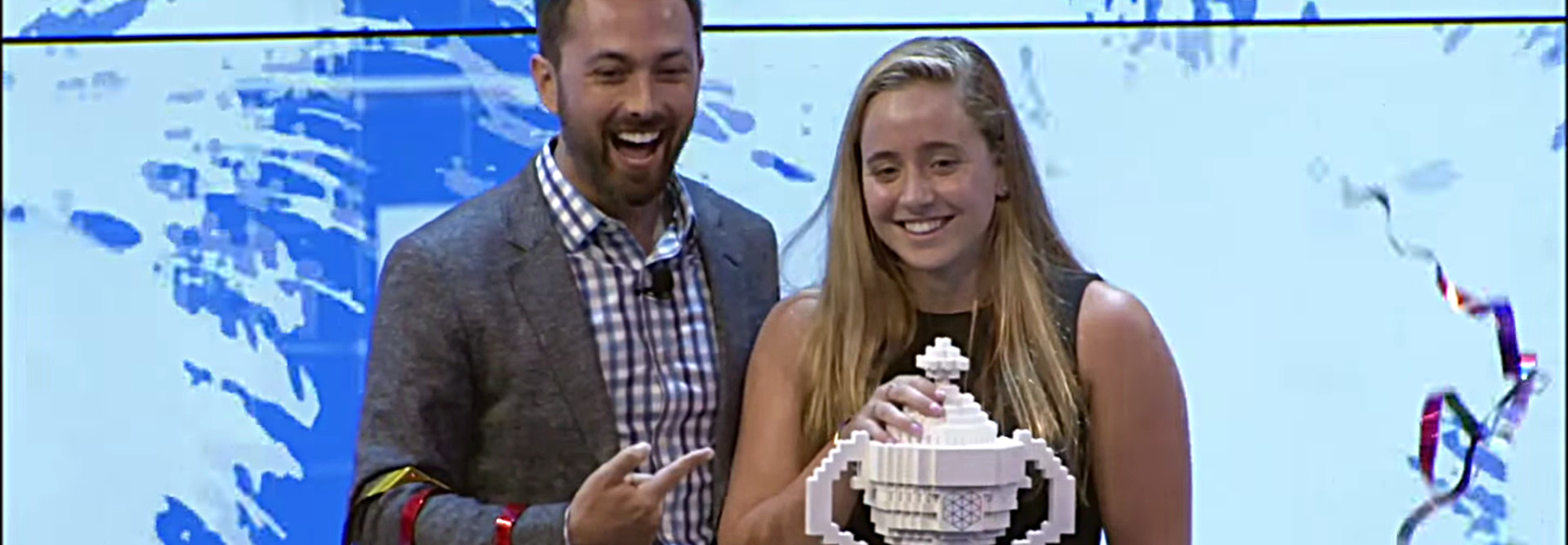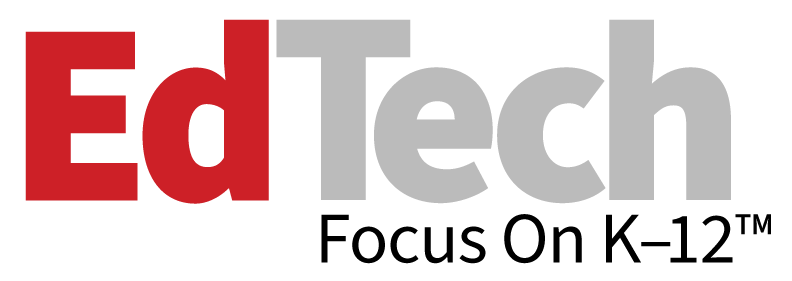Teen’s Silk-Powered Ebola Test Wins Google Science Fair
The Grand Prize winner of the 2015 Google Science Fair found the current tests for the Ebola virus lacking — so she made her own.
Olivia Hallisey, a 17-year-old junior at Greenwich High School, in Greenwich, Conn., devised a cheap, quick Ebola test that uses silk.
As the Grand Prize winner, Hallisey was flown along with the other 21 global finalists to Google headquarters, where she was presented with a trophy and a $50,000 scholarship from Google.
Speaking with CNBC, Hallisey offered advice to future scientists:
"I would just encourage girls just to try it in the beginning, remind them that they don't have to feel naturally drawn or feel like they have a special talent for math or science, but just really just look at something they are interested in and then think how to improve something or make it more enjoyable or relate it to their interests."
The current method of testing for Ebola requires ELISA detection kits that cost hundreds of dollars and can take up to 12 hours to produce a result. Hallisey's test costs $25 and detects Ebola viral antigens within 30 minutes.
The key to Hallisey's experiment was its use of silk fibers to stabilize the chemicals used in the Ebola test. This material not only speeds the results of the test but also ensures that the test can be conducted at room temperature, removing the refrigeration required for existing tests.
Hallisey noted that her Ebola Assay Card (EAC) could be adapted to detect other diseases, including HIV, Lyme disease, yellow fever, dengue fever and certain cancers.
"This EAC will allow for shipment and storage on site without refrigeration, and provide detection based on color change in less than 30 minutes of Ebola viral antigens in individuals when they are still asymptomatic and/or in less advanced stages of the virus, when the severity of transmission is less acute and the likelihood of recovery is highest," she wrote.
Other winners in this year’s Google Science Fair include:
Community Impact Award — Lalita Prasida Sripada Srisai, 13, of India
Incubator Award — Eliot Sarrey, 14, of France
Virgin Galactic Pioneer Award — Pranav Sivakumar, 15, of the U.S.
LEGO Education Builder Award — Anurudh Ganesan, 15, of the U.S.
Google Technologist Award — Girish Kumar, 17, of Singapore
Scientific American Innovator Award — Krtin Nithiyanadandam, 14, of the U.K.
National Geographic Explorer Award — Deepika Kurup, 17, of the U.S.
Inspiring Educator Award — Aydan Meydan, of Bosnia and Herzegovina









